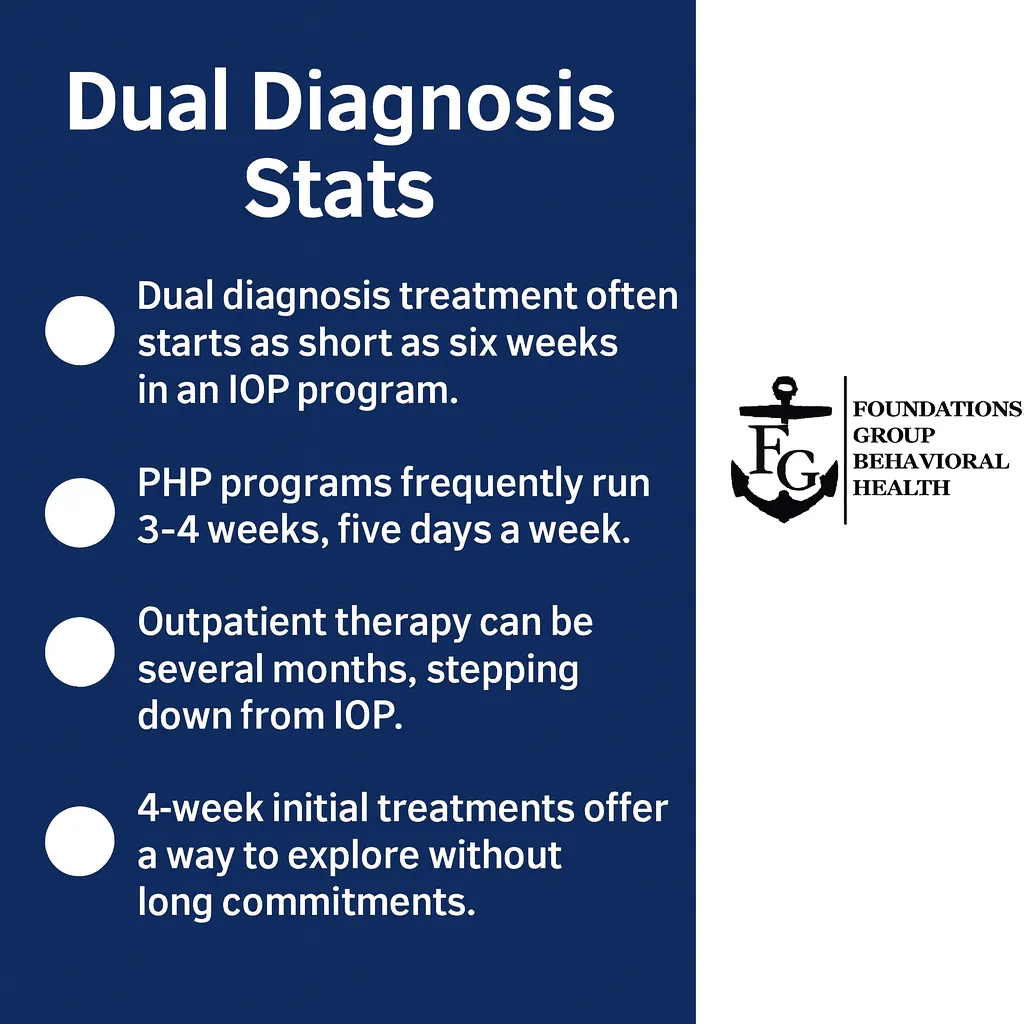He got sober because he had to.
The drinking had started costing him things—sleep, relationships, creative flow. He wasn’t spiraling publicly. Most people would’ve said he was “fine.” But inwardly, it felt like his life was shrinking. Sobriety brought relief. It stopped the spiral. But weeks in, something unexpected crept in:
A sense of flatness. Like all the color had been turned down.
He’d expected to feel better. Freer. More like himself. But instead, he felt muted. As if the thing that used to unlock his voice—his humor, his confidence, his edge—was gone, and he didn’t know how to access those parts of himself anymore.
He was scared to say it out loud:
What if the version of me I liked the most was tied to something I’m not allowed to touch anymore?
This is something we hear often at Foundations Group Behavioral Health in Cape Cod, MA. People get sober—and then find themselves grieving not just the substance, but the identity they associated with it. For creatives, performers, thinkers, and feelers, this is a very real kind of loss.
And that’s where dual diagnosis treatment can be transformative.
Sobriety Isn’t the Whole Story
He had done the work. Quit drinking. Showed up to meetings. Got honest with himself. But the anxiety didn’t leave. The sense of disconnection didn’t lift. He still felt like he was watching his life through a glass wall.
Sobriety had removed the substance—but it hadn’t addressed what the substance was soothing.
For him, it was the anxiety that came with stillness. The inner critic that roared during quiet hours. The performance loop of always needing to be productive or interesting or funny. Alcohol had been a silencer for that noise—a shortcut to confidence, creativity, connection.
So without it, he felt exposed. Dry. Not broken… but not whole, either.
That’s when he reached out for support—not just to stay sober, but to understand why sobriety felt so emotionally complex.
Dual Diagnosis Treatment Reconnected the Dots
Dual diagnosis treatment addresses what’s underneath substance use—not just in terms of trauma or diagnosis, but in how we emotionally and mentally function.
For this client, the deeper story included:
- Generalized anxiety that had never been named
- Unprocessed grief from childhood losses
- A lifelong fear of being “too much” and “not enough” at the same time
- Emotional perfectionism masked as ambition
These weren’t just buzzwords. They were the hidden drivers behind his drinking. And once they were in the light—explored gently in group therapy, individual counseling, and creative processing sessions—something began to shift.
He realized he wasn’t mourning sobriety. He was mourning not knowing how to feel safe inside himself.
Creativity Doesn’t End in Recovery—It Evolves
A lot of people in early sobriety whisper the same fear:
What if I lose my spark?
For artists, musicians, writers, or even high-performing professionals who use their intuition and expressiveness as tools—it’s easy to believe substances are part of the magic.
But the truth is, substances don’t create creativity. They suppress the fear that gets in its way.
In dual diagnosis treatment, we help clients learn new ways to quiet that fear—without substances. That might mean:
- Processing shame in group therapy
- Naming performance pressure in a safe space
- Learning somatic grounding to reconnect with the body
- Using mindfulness to unhook from self-judgment
As he progressed through treatment, he began to write again.
It wasn’t as fast or flashy as before. But it was realer. The words felt like they belonged to him, not to a version of himself he had to summon artificially.
A Story We See Often in Cape Cod, MA
People in places like Barnstable County and Falmouth come to us when they’re quietly wrestling with this very tension:
“I got sober. So why do I still feel lost?”
“I thought recovery would make me more alive. Why do I feel flat?”
“If I’m not the life of the party anymore… then who am I?”
Dual diagnosis treatment doesn’t rush you to find those answers. It gives you space to ask them honestly—and to do the slow, brave work of rebuilding from within.
Therapy Validated What Sobriety Alone Couldn’t
Sobriety had kept him alive.
Therapy made him feel human again.
That’s how he described it at discharge.
Dual diagnosis care gave him permission to explore grief, rage, identity confusion, sexuality, loneliness—and not as problems to be “fixed,” but as essential parts of who he was.
He didn’t need to go back to who he was before drinking.
He needed to become someone who didn’t need to disappear to feel okay.
FAQs About Dual Diagnosis Treatment for Creatives and Identity-Seeking Clients
What is dual diagnosis treatment?
Dual diagnosis treatment supports individuals experiencing both substance use challenges and mental health concerns—like anxiety, depression, or trauma. It offers integrated care that treats both conditions together, not separately.
Is dual diagnosis only for people with a diagnosis?
Not at all. You don’t need a formal diagnosis to benefit. Many clients enter care with questions, not answers. The goal is to explore what’s underneath your behaviors—not to put you in a box.
How is it different from regular sobriety support?
Where typical sobriety groups focus on abstinence, dual diagnosis care goes further—it helps uncover why the substance was needed in the first place and gives you tools to meet those needs in healthier ways.
What if I’m afraid to lose my edge or creativity?
That fear is valid. We’ve worked with musicians, actors, writers, and entrepreneurs who all felt this tension. In treatment, we help you reconnect with your creativity in ways that feel authentic—not numbed, not forced.
How long does dual diagnosis treatment last?
It depends on your needs. Some people benefit from a 6–12 week intensive outpatient program, while others engage in longer-term therapy. We offer customized options based on your pace and goals.
What Changed for Him?
It wasn’t one breakthrough moment.
It was a thousand small ones.
A morning walk where his chest didn’t feel tight.
A writing session that felt like play, not punishment.
A conversation with an old friend where he didn’t perform—he just showed up.
Dual diagnosis treatment didn’t erase the complexity of his inner world.
It gave him the tools to live with it. To make art from it. To rest inside it.
He didn’t become someone else.
He became himself—no filter required.
You Don’t Have to Choose Between Recovery and Identity
Healing doesn’t flatten you.
It frees you.
At Foundations Group Behavioral Health, we believe the parts of you that feel messy or misunderstood are often the most human. You don’t have to sacrifice your spark to feel stable. And you don’t have to settle for feeling “fine” when what you really want is to feel whole.
Call 888-685-9730 or visit our dual diagnosis treatment program in Cape Cod, MA to learn more about what’s possible—without losing who you are.









